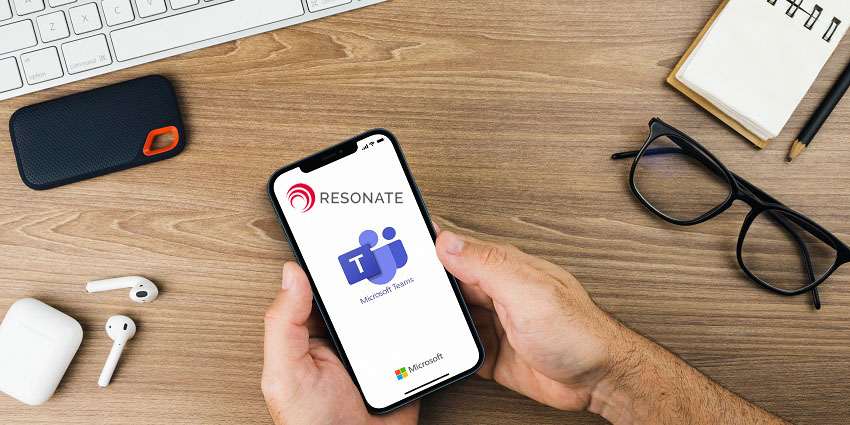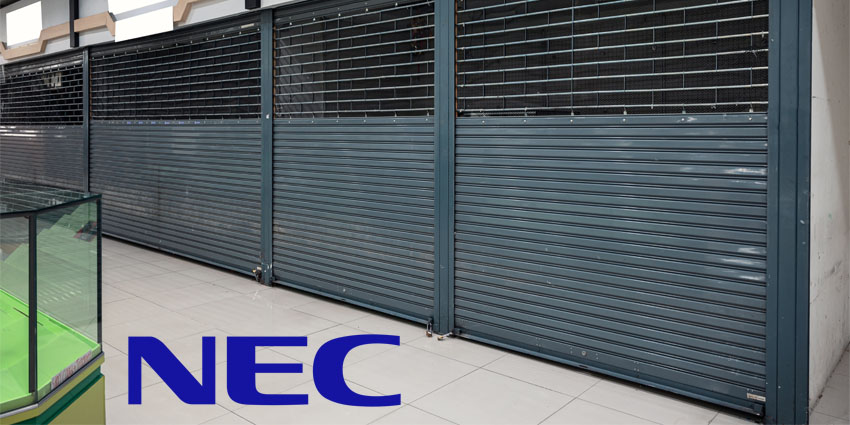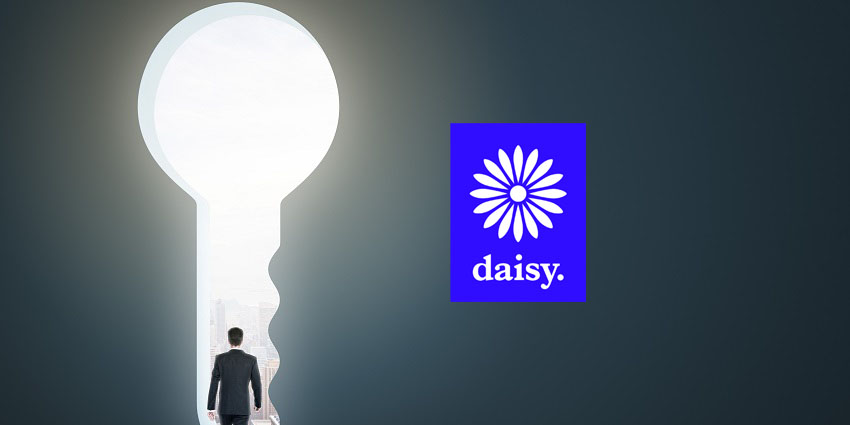Communication is a dynamic concept – something that constantly evolves to leverage new technologies and serve changing demands. In 2020, the gentle river of transformative comms technology appearing in the market turned into a flood. Companies everywhere suddenly changed the way they approach conversations, both internally and externally.
At the beginning of this year, when COVID-19 hit, no-one could have predicted the phenomenal impact it would have on the way we work. Contact centres closed, and the on-premises PBX became a meaningless chunk of plastic. Conventional business communication suddenly disappeared.
It wasn’t just forward-thinking start-ups embracing new modes of connectivity anymore. Larger companies still stuck in legacy investments had to switch directions too. A lack of access to traditional communication tools didn’t remove the need for human interaction. The inability to connect using methods we’re all familiar with made us even more desperate to connect.
What Happened to Communications?
During lockdown, customers, users, and teams explored other methods of communication. We scheduled video meetings via emails and instant messaging, set up regular audio conferencing, and largely turned our backs on the legacy concept of a telephone ringing on a desk.
For many people, the “telephone call” is now an outdated process. Why pick up the phone and call someone who might not be available when you can schedule a meeting with everyone you need in a couple of clicks? With meetings, people can prepare, arrange schedules, and get the most out of a conversation. Plus, you can even throw a virtual background into the mix and have more fun.
Collaboration channels are virtual meeting rooms in this new era – but no-one is just hanging around in one, waiting for someone to get in touch. The message arrives, a notification pops up, and you react when you have time. Communication happens according to the individual schedule of every worker.
It’s this convenience and lack of disruption that could see collaboration tools replacing traditional calls entirely. Phone calls might be the communication solution we’re used to, but they’re not ideal. Calls are abrupt, distracting, and they interfere with the flow of work. You don’t get time to prepare yourself and ensure you have the right answers to questions ready.
Is Calling a Thing of the Past?
Ask any business leader, and they’ll tell you that productivity is fuelled by deep focus on the task at hand and proper preparation. So, what does that mean for the traditional phone call? Is calling going to be something we look back on, like faxing?
Will all communication in the future be something that we schedule – moments on the calendar that we agree on in advance? Maybe we’ll use calling for urgent matters only – or every call will come with a preliminary message via chat.
The evolution beyond the standard phone call might be a daunting concept for some – but it’s not a bad thing. If you think about the rising demand for better customer experiences, you can see how calling isn’t always the best option.
Calls take time
When you reach out to a business for help, you’ll often end up sitting in a queue, listening to the world’s worst music on hold. You wait around for thirty minutes, gradually getting more frustrated – and then the call suddenly disconnects before you ever have chance to speak to someone.
It’s a nightmare.
Scheduled Communication Makes Sense
With the stress of the complicated telephone call to think about, it’s easy to see why people are moving more aggressively towards scheduled meetings and conversations. An email or a message on WhatsApp is so much more convenient than the standard phone call.
The newer alternatives for connectivity in the market today massively reduce your risk of dealing with an angry customer and developing a negative CX. Remember, studies are gradually revealing that most folk would prefer to speak to a robot over a human if it means that they get results faster.
In my personal life, even I’m moving away from the phone call. My family has a scheduled Zoom call every week, where we all get together over video. It’s much better to see my parents’ smiling faces than it is to listen to them over the phone while we’re all watching television in the background.
So, is the phone call dead?
Probably not. Calling still has its uses. However, the pandemic is proving to all generations (even mine) that calls just aren’t the best option anymore. Video is the new voice, meetings are the new call, and schedules are leading the way.







